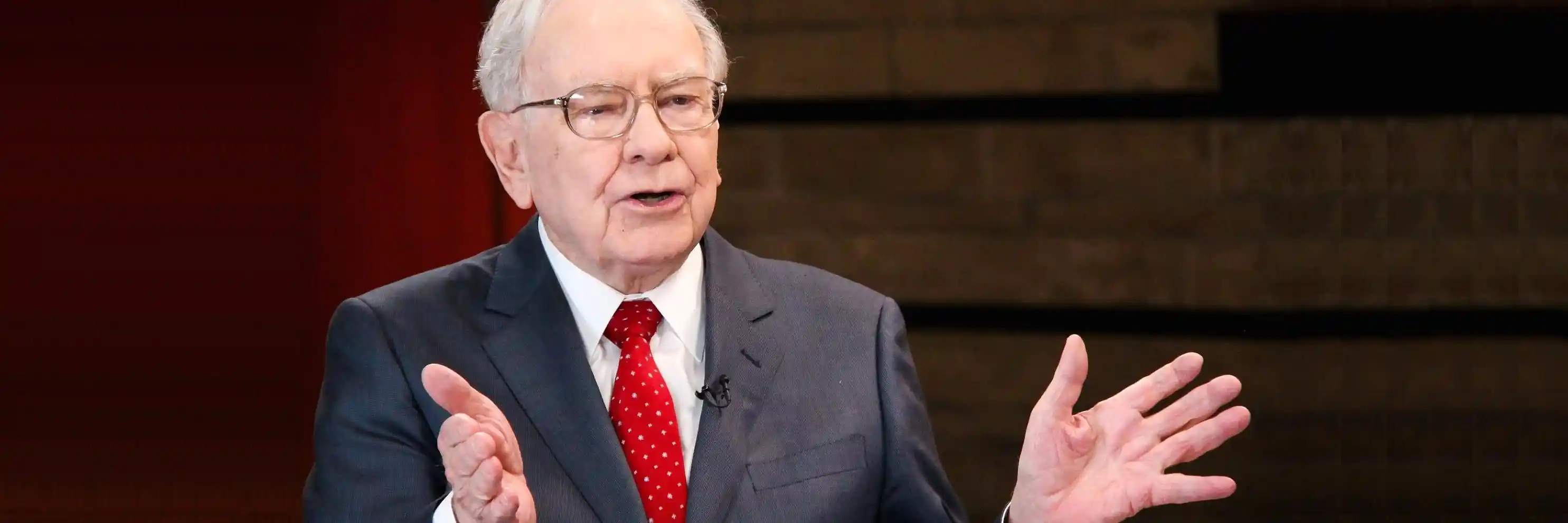

[Estimated time to read: 2 minutes]
There’s just one year to go until In 2017, Warren Buffett wins won one of the biggest bets in history.
I originally included the word “probably” in that sentence – but deleted it, because I’m that confident he will win.
In this article I explain why Warren Buffett is coming came out on top.
But first, let’s look at Mr. Buffet’s gamble…
Take on me!
![]() In 2007 Warren Buffett challenged anyone to go up against him for a $1 million wager.
In 2007 Warren Buffett challenged anyone to go up against him for a $1 million wager.
The winner would donate the prize fund to charity.
His bet was that over ten years and after fees, an S&P 500 passive index fund would outperform ten active hedge funds of his opponent’s choice.
Protégé Partners LLC, a New York money management firm, accepted the bet.
They chose five funds of hedge funds, (funds that own a portfolio of positions in a range of hedge funds), to go up against Mr. Buffett.
He opted for the simple passive Vanguard 500 Index Fund Admiral™ Shares.
The ten-year period began on January the 1st 2008.
The interim results are in
Up until the end of 2015 Mr. Buffett’s choice, the 500 Index Fund, returned a cumulative and impressive 65.67%.
Protégé's picks, however, hit a fairly pathetic had returns of 21.87% over the same period.

When you consider the fact that throughout 2016 most hedge funds’ performance continued to be lacklustre, who would bet against Buffett now?
Why will Warren Buffett win?
The tortoise and the hare
Warren Buffett chose evidence over the arrogance of an overpaid, underperforming industry that’s arguably had its day.
In an article about hedge funds’ poor performance of late, CNBC journalist Lawrence Delevingne sums up just how wrong the entire industry is:
“Many hedge funds have underperformed the equities market this year, with stock-pickers burned by losing bets…while macroeconomic managers have struggled to trade their way through global political and economic uncertainty.
"But the average portfolio manager at a firm running more than $4 billion with middling performance — up about 1% year-to-date — is expected to make an average of $2.23 million this year.
“That is up from $2.21 million in 2015…Top executives stand to make far more. The average wealth gain for the 25 highest-earning hedge fund managers in 2015 was $517.6 million, according to a ranking by the industry publication Alpha.
“Five firm founders — Ken Griffin, James Simons, Ray Dalio, David Tepper, and Israel Englander — made at least $1 billion.”
These funds are failing – and their failure is being compounded by the ridiculously over-inflated rewards given to those causing them to fail.
The overpaid fund managers win – at your expense if you’re actively invested.
Warren Buffett knows this.
And he knew it in 2007 when he issued his challenge.
He just wanted to see who’d be foolish enough to ignore the evidence.

